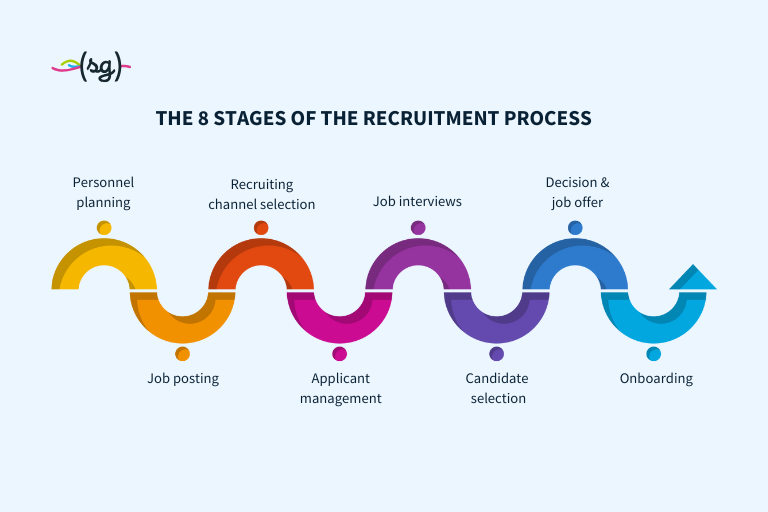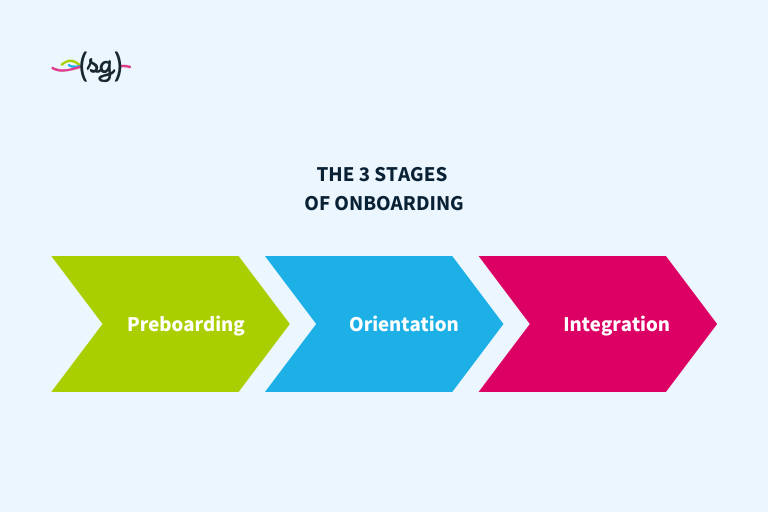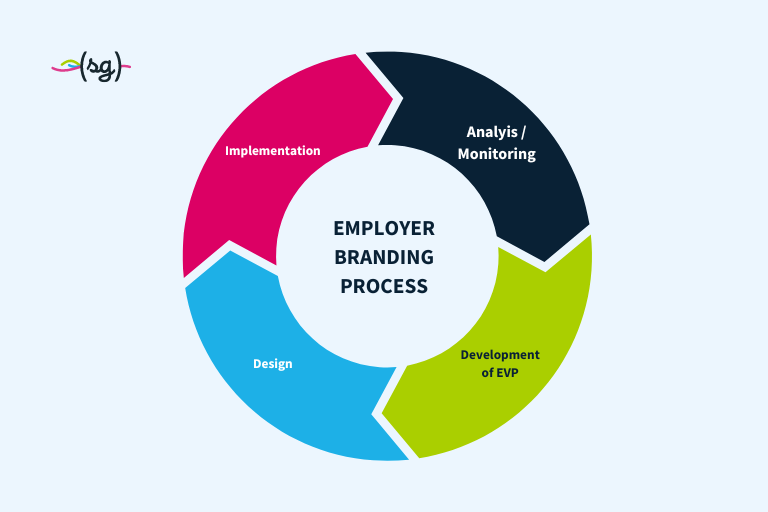Generally a Talent Pool can be described as a collection of potential candidate profiles (otherwise known as talent) accumulated by recruiters in order to sustain a supply of skilled candidates for future employment. The practice of keeping talent pools has arisen from the recent changes in economy, which has left employers with fewer skilled candidates to choose from. By creating talent pools, employers can not only hand select who they have on their database, but when the need for an employee arises they can fill the position with relative ease.
Where do talent pool candidates come from?
When a candidate is interested in a company, but for various reasons is unable to apply for a position, most modern-day employers now offer the applicant the chance to join the talent pool. This would occur, for example, if the candidate currently lives abroad, or is not fully qualified for the role. In the case of the latter, the candidate may be ideal for a different position in the company at a later date. The same goes for candidates who fall short of an offer, often those who did not get the position for one reason or another, are perfect for a different role in the company and therefore worth being kept in a talent pool.
The Benefits of Talent Pools
Talent pools save employers time and money. The cost per hire per candidate is dramatically reduced, since the employer doesn’t need to advertise externally or pay for any additional recruitment fees. Because the candidates are ready and waiting in the talent pool, the employer saves time on screening CVs – all they need to do is pick candidates for interview.This process is beneficial to the candidates too, as they are automatically given the opportunity to apply for job at the company that they are interested in. In this way, talent pools also boost employer branding as candidates naturally develop a positive opinion of the company that remembered them.
Other aspects of Talent Pools
Talent pools naturally mean that employers are storing personal details and therefore data protection policies must be put into place to comply with the law. It is common to offer candidates the option of opting out every few months. Those who do so have their information permanently deleted, and employers know that the remaining candidates are still available. Staying in touch with candidates is also important in forming a good employer image, personalized emails are a common way to stay in touch with and keep potential employees in the loop.
Potential Drawbacks of Talent Pools
If a talent pool is not kept up to date then it can end up storing details in vain. Talent pools require a certain amount of maintenance in order to fulfill their function. Employers may otherwise be left with a list of useless contacts, or they may unintentionally hold private data beyond the legal limit. When writing to candidates it is important not to inadvertently ‘spam’ them with pointless emails, just to stay in touch. This can be very detrimental to an employer brand, and will ultimately go against the purpose of the talent pool.
softgarden and Talent Pools
softgarden software offers employers the option to pre-screen applicants with automatic filters, which divide candidates into appropriate talent pools. This is primarily in order to aid initial selection when a vacancy becomes available and can be particularly useful when a company is advertising for multiple roles and/or are dealing with a large number of applicants.









